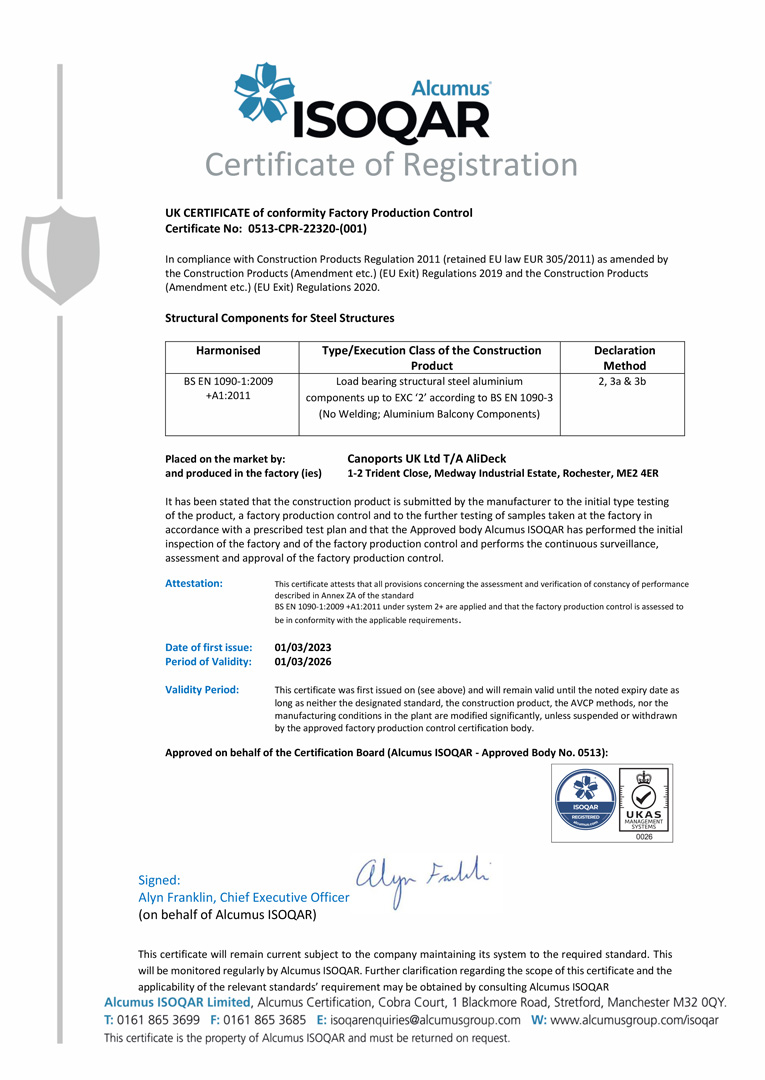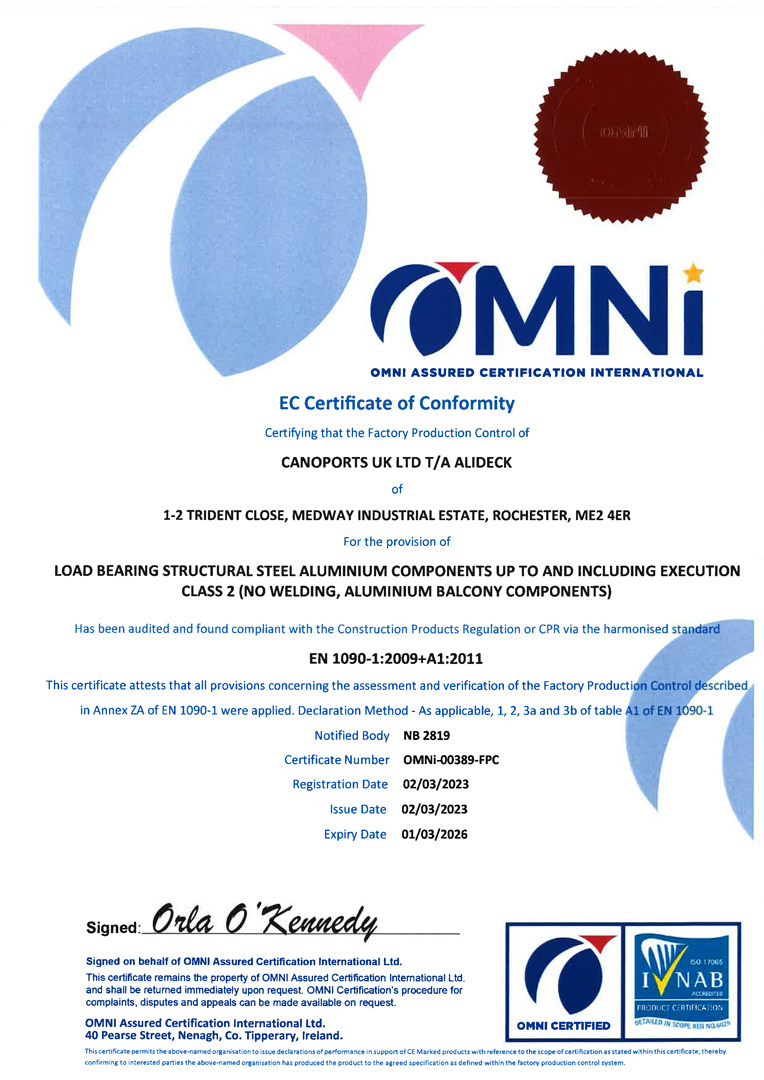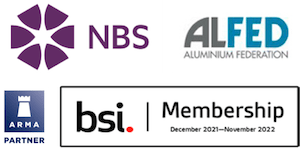New British Standard PAS 9980 due to be published in December with implications for balconies; Housing Minister Michael Gove MP says it will replace Consolidated Advice Note but will it deliver the promised end of EWS1?
The EWS1 scheme was created and launched in December 2019 by the Royal Institution of Chartered Surveyors (RICS), the Building Societies Association (BSA), and UK Finance and was intended to solve the issue of banks being extremely cautious with regards lending on properties in high-rise buildings.
Sadly, the scheme was derailed almost immediately following launch when the Government amended its building safety guidance in the Consolidated Advice Note of January 2020. Since then, leaseholders and prospective buyers have faced demands from lenders for completed and passing EWS1 forms for multi-occupancy buildings of any height. The result of this has been nothing less than chaos, with lead-times for surveys often estimated in years rather than months.
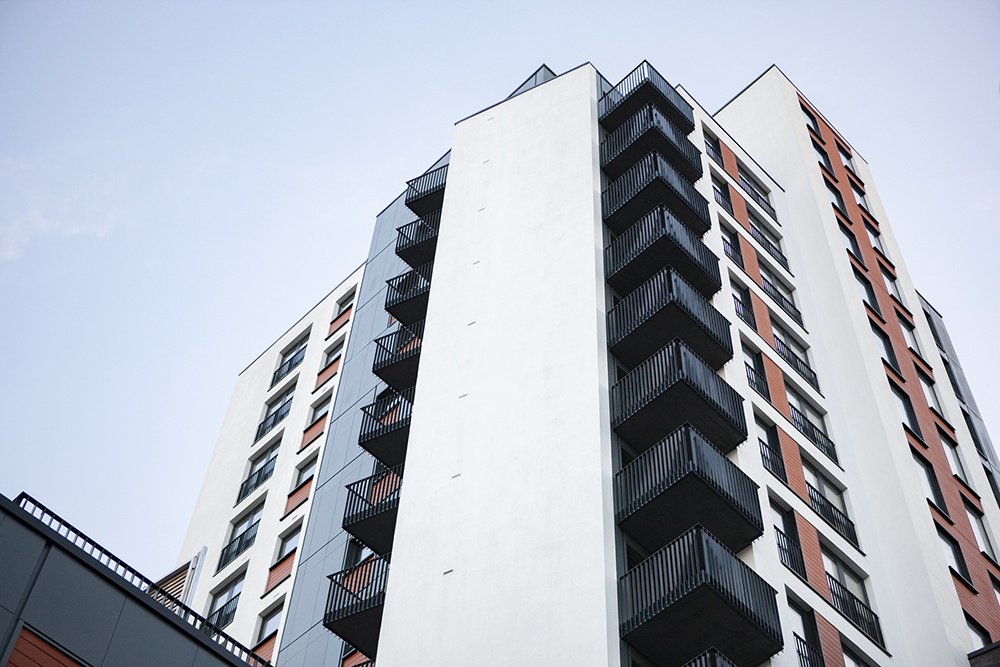
Many thousands of homeowners have been impacted by the turmoil in housing through this year and 2020, trapped in unmortgageable properties and often facing large remediation bills. This intolerable situation has been raised in Parliament time and again, with politicians of all hues demanding urgent resolution. The difficult fact has been, though, that until new guidance from government is provided, lenders will continue to practice caution as regards risk.
Finally, though, real change is imminently due with the publication of PAS 9980. Due to be published in December, PAS 9980 is a “publicly available specification” developed by the British Standards Institution (BSI) at the request of Government. This code of practice is intended to achieve a standardised approach to all aspects of fire risk appraisal and assessment in external wall construction to provide clarity for all stakeholders.
Michael Gove MP, as new Housing Minister, has declared that the January 2020 Consolidated Advice Note shall be withdrawn “by Christmas”, replaced by PAS 9980. It has been touted as the end of EWS1 but many stakeholders have expressed doubts.
The danger, though, is that one set of rules is simply being replaced by another and it is not yet clear that the fundamental concerns that lenders in particular have will be answered by this. The draft of PAS 9980 that was issued during consultation earlier this year contained a lot of important detail to move further towards a fire safe future but a common reaction to it across industry was the suspicion that banks will continue to push for proof that buildings are unlikely to require remediation before lending.
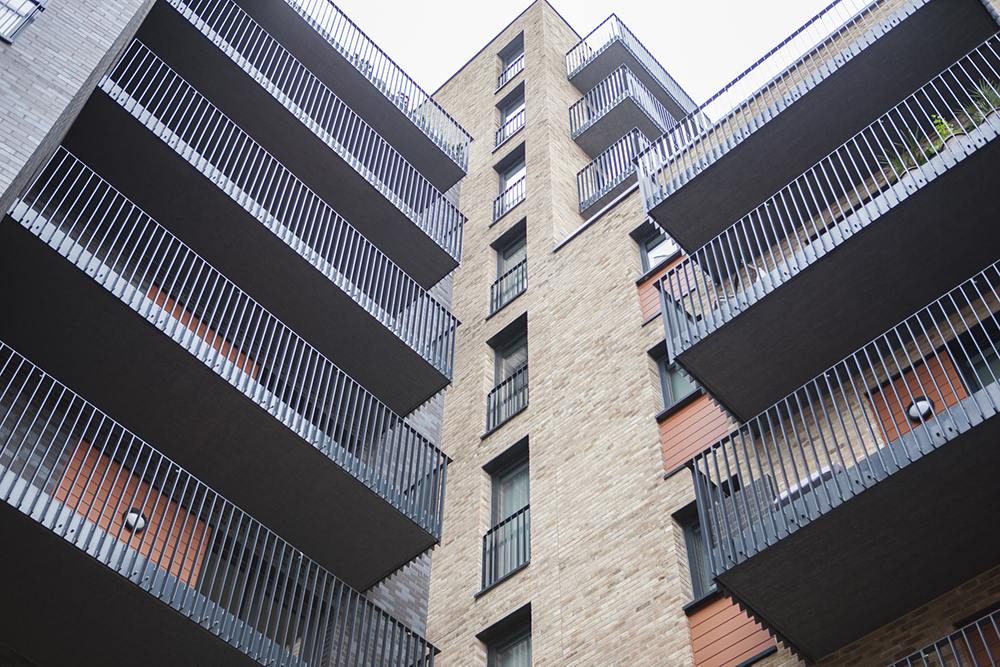
This is the key point to understand regarding EWS1; the scheme was never intended to prove that a building was safe, only that it was unlikely to require costly remediation in the future that might devalue the property or cause the homeowner to default on their mortgage.
The Consolidated Advice Note caused problems because it was worded in such a way that made it legally unambiguous that combustible materials in the external envelope of any building should be removed and replaced. It remains to be seen if PAS 9980 will help banks feel more confident about the risk profile of unremediated multi-occupancy buildings.
AliDeck eagerly await the publication of PAS 9980 and will report back here as soon as possible in December on the ramifications of the final form of the new Standard for remediation concerns on balconies, terraces, and walkways.
In the meantime, please feel free to call the AliDeck team on 01622 235 672 or email info@alideck.co.uk to discuss your remediation requirements.




